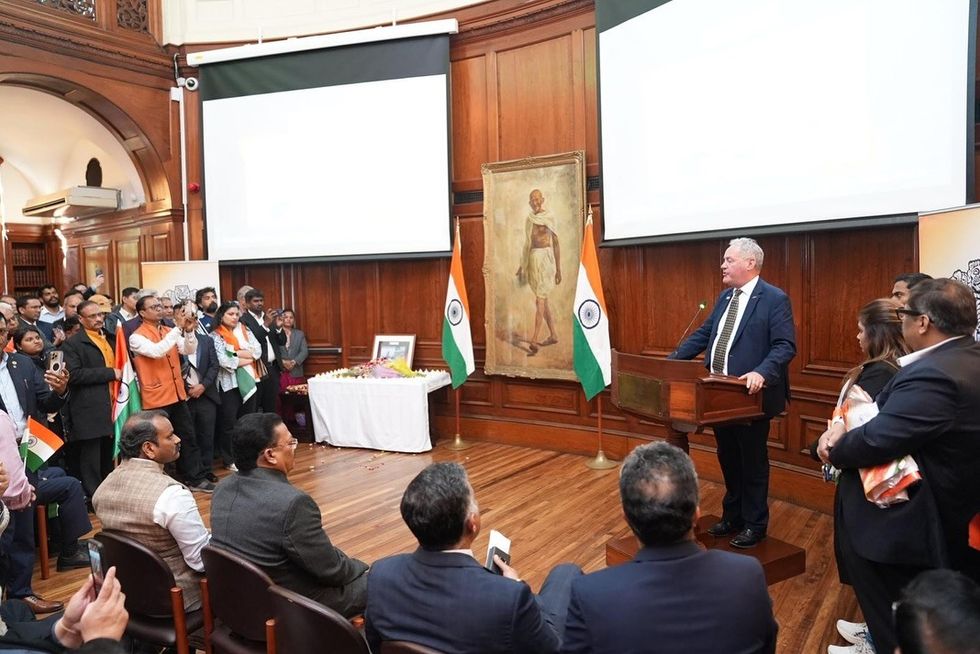Indian police said Thursday (29) they have arrested four people over the murder of a 15-year-old boy on a train, the latest in a slew of hate crimes against Muslims in the largely Hindu nation.
A group of men attacked Junaid Khan and his three brothers last week in an apparent row over seats as they travelled home by train from New Delhi, killing him and injuring one of his brothers.
One brother said the attackers accused them of carrying beef, a meat popular among many Indian Muslims but shunned by most of the country's Hindus, who revere cows as sacred.
Deputy superintendent Mohinder Singh said police had arrested four men and identified the chief suspect in the killing, who had yet to be arrested.
Media reports said two of the men arrested were local government employees.
"We have also taken many eye witness accounts from the daily travellers on this route and are focusing on arresting the knife attacker," said Singh by telephone from Faridabad in northern Haryana state where the killing took place.
The news came a day after protests were held in several Indian cities over the recent killings under the slogan "not in my name".
Rights groups have also warned of a culture of impunity for crimes committed against Muslims -- often on the pretext of protecting cows -- and urged the country's Hindu nationalist government to act.
"The pattern of hate crimes committed against Muslims with seeming impunity... is deeply worrying," said Aakar Patel, executive director of Amnesty International India, in a statement this week.
The rights group said at least 10 Muslim men had been lynched or killed in public since April in suspected hate crimes.
Last year prime minister Narendra Modi criticised the vigilantes and urged a crackdown against groups using religion as a cover for committing crimes.
Critics say vigilantes have been emboldened by the election in 2014 of his right-wing Bharatiya Janata Party.
The slaughter of cows and the possession or consumption of beef is banned in most Indian states, with some imposing life sentences for breaking the law.


















 Bob Blackman MP speaks during the event
Bob Blackman MP speaks during the event